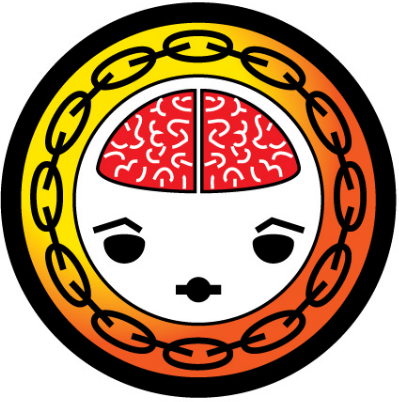Kodak owned the original patents for the digital camera, but did not create the market. Why? They were afraid of killing the profitable FILM market. The rest is history.
Blockbuster could have easily created Redbox; but they were too tied to the conventional definition of the STORE. A simple redefinition of delivery created NEW value.
Software as a Service (SaaS) is growing in popularity with the Line-of-Business (LOB) buyer; yet, only 10% of the market is SaaS. They like the ease of deployment, maintenance and implementation. They also like the thought that if they do not get value, they can easily change course. The software vendor has to be accountable to stay in business.
I know no company with a licensed offering that has successfully shifted gears to a SaaS model. <The sales incentive model is JUST too different.>
I also do not know of any software company that has successfully deployed the SAME sales force to sell a licensed and SaaS solution. They are just too different.
Today, DemandTec, ModelN, M-Factor, and Retail Solutions are successfully selling SaaS solutions to improve value chains. They started as SaaS solutions, and are proving the market. Will license solutions that do not spawn SaaS solutions suffer from the same dilemma–not recognizing a shift in delivery–as Kodak and Blockbuster? What do you think?

Please Don’t AI Stupid
Drip. Drip. Drip. Industry 4.0. DripBig Data. Drip.The Connected Supply Chain. DripDigital Supply Chain. Drip.Autonomous Supply Chain Planning. Drip. Self-Healing Supply Chains. Drip. Touchless Supply





